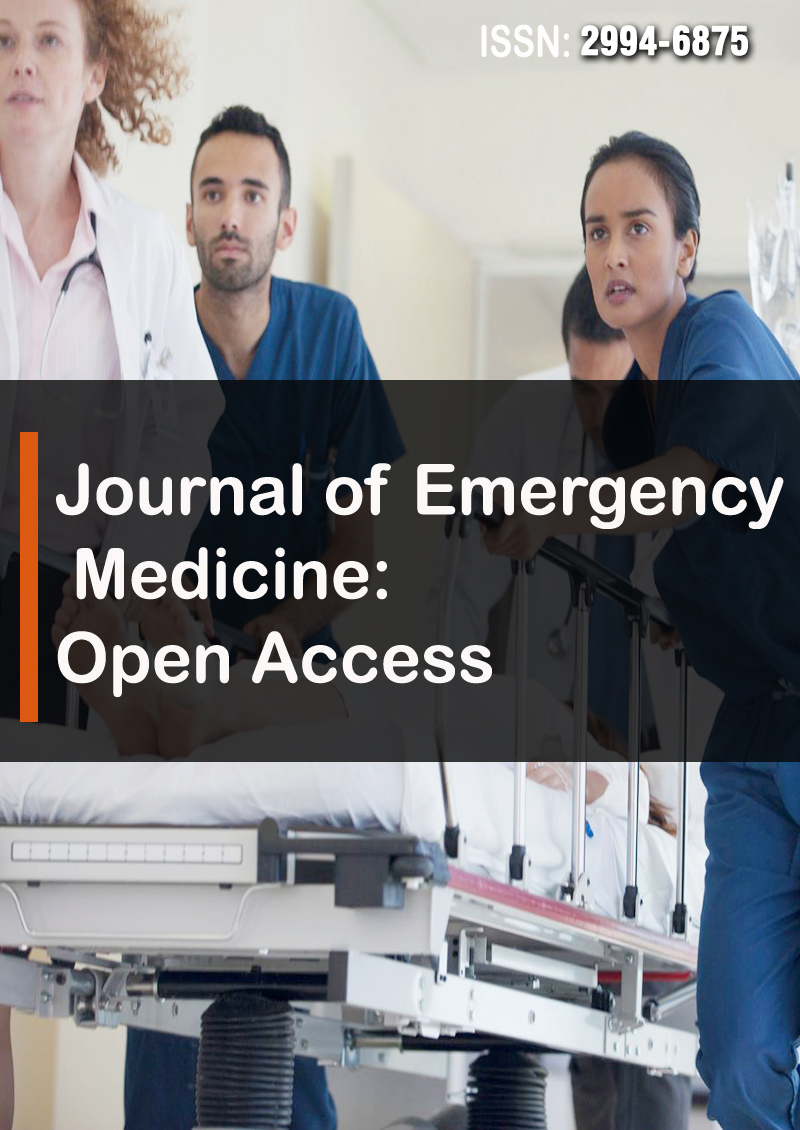Emerging Links Between COVID-19 and Cardiovascular & Cerebrovascular Thromboembolic Events: A Systematic Review
Abstract
Abhimanyu Agarwal, Binay K Panjiyar, Patel Dhwani Manishbhai, Monica Ghotra, Mahato Gulam Husain Nabi Husain and Upadhyay Ronak Brijeshkumar
Purpose: COVID-19, caused by the SARS-CoV-2 virus, initially identified as a respiratory illness, has increasingly been linked to a broader range of organ complications. This systematic review explores the impact of COVID-19 on cardiovascular and cerebrovascular health, focusing on thromboembolic events in post-COVID patients.
Method: A comprehensive literature search was conducted in PubMed and Google Scholar databases up to July 2023, utilizing the Preferred Reporting Items for Systematic Reviews and Meta-Analyses (PRISMA) guidelines. Studies meeting eligibility criteria were analyzed for outcomes and associations between COVID-19 and cardiovascular and cerebrovascular events.
Result: The review includes 6 studies involving over 12 million patients, demonstrating a strong connection between COVID-19 and elevated risks of cardiovascular and cerebrovascular thromboembolic events. The risk of these events is evident in conditions such as ischemic heart disease, stroke, and cardiac arrhythmias. The burden of these events beyond the acute phase of the disease is concerning, warranting further exploration of long-term implications. Variability in event rates among different cohorts and healthcare settings underscores the need for understanding underlying factors influencing these differences. Potential mechanisms behind these events include endothelial dysfunction, systemic inflammation, and viral invasion. Implications for public health policies, clinical guidelines, and future research directions are discussed.
Conclusion: This review serves as a valuable resource for healthcare providers, policymakers, and researchers to enhance patient care, outcomes, and preparedness for future waves of COVID-19 infections. However, there remain unexplored aspects of the COVID-19 and thromboembolic events relationship, urging further investigations into mechanistic insights and potential therapeutic interventions.



